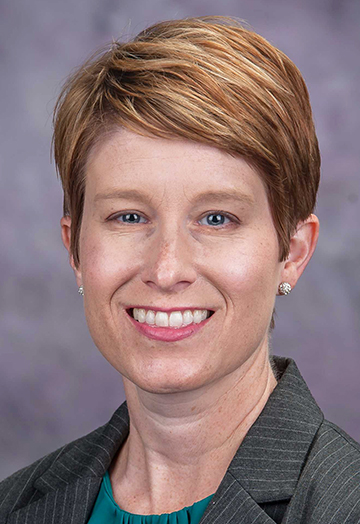The start of a new year is a time for many to set their intentions by making annual resolutions.
The Kansas Legislature also has this opportunity as it begins its 2025 session with a new slate of legislators following the November election.
The question remains will this new beginning bring about a legislature focused on the bread-and-butter policies that are a priority for all Kansans, or will they double-down on divisive culture war issues? The legislature should resolve to improve the lives of all Kansans by focusing on three important policy goals.
First, the Kansas legislature should continue to prioritize water policy. In the past few years, Kansas has made important strides developing a collaborative water management vision, which encouraged the use of more efficient irrigation systems and technologies, aimed to improve water quality, and invested in water research at state universities.
However, water usage and the preservation of the Ogallala Aquifer are long-term challenges that require continued attention and innovation if Kansas hopes to mitigate climate change’s impact and support the economic health of the state’s agricultural sector.
Second, legislators should work across party lines to adequately fund Kansas public schools.
It is no secret that Kansas has faced challenges with school funding for years. The state’s education funding formula has been the subject of partisan fights, with legislators weighing calls for more equitable distribution of funds across districts with concerns over the cost of doing so.
The state needs to find a way to adjust state funding formulas to provide more targeted resource distribution that prioritizes districts serving large populations of low-income students and students with disabilities. It also needs to invest in infrastructure improvements in aging schools, particularly in rural Kansas.
Finally, Kansas teachers need a raise.
The third policy goal should be to expand healthcare access in Kansas. The most straight-forward way to achieve this goal is to expand Medicaid. Several states, including Kansas, were understandably concerned about the financial cost of expansion when the Affordable Care Act of 2010 was first passed by Congress.
However, legitimate concern has become poisoned by partisan fights that prioritize scoring political points rather than serving Kansans.
Research has demonstrated that expansion leads to positive outcomes. Medicaid expansion increases access to health care services, particularly preventive care and mental health services, reducing health disparities for individuals and families.
Medicaid expansion has not only been a boon for individuals, but also for communities. It has been linked to job creation in the healthcare sector, especially in rural areas.
Given these positive outcomes, it’s time for Kansas to join most states, including neighboring states, and expand Medicaid access.
With pressing issues like water usage and quality, education funding, and healthcare access, Kansans are hoping that their elected officials will work toward improving their lives in the upcoming year.
Ultimately, the 2025 legislative session will reveal whether Kansas legislators are willing to rise above the political noise and focus on addressing these core challenges.
About the author: Brianne Heidbreder, PhD, is an associate professor of political science at Kansas State University.







